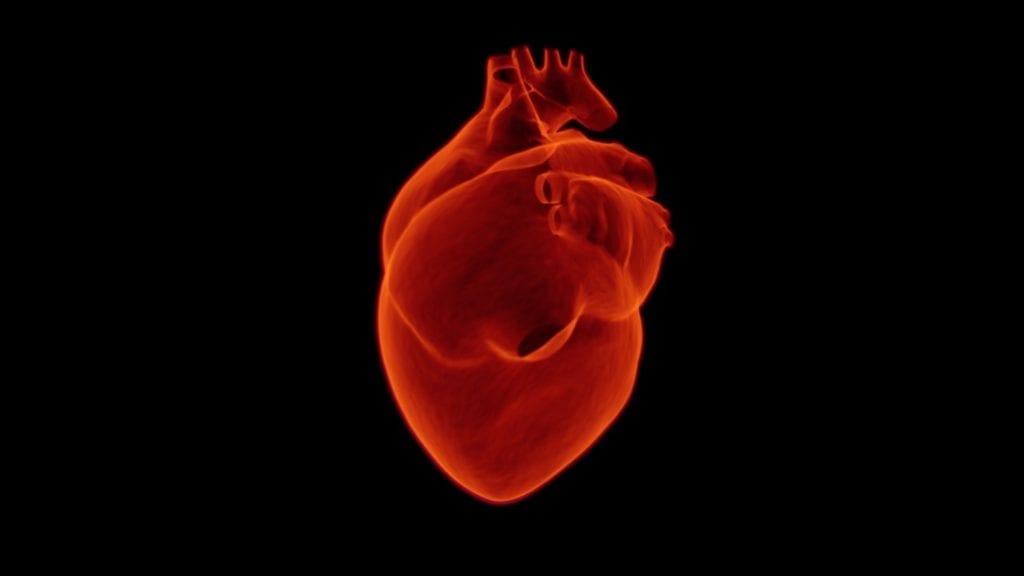Last month, the annual ESC Congress, headed by the European Society of Cardiology, discussed innumerable treatments and advances in the field of cardiology. During the conference, biopharmaceutical company Kiniksa Pharmaceuticals announced data on the patient burden associated with recurrent pericarditis. Their study highlights how this condition impacts both mental and physical quality of life (QOL). Finally, Kiniksa uses the data to argue that more effective therapies are needed for these patients.
ESC Congress 2020
During the congress, Dr. Martin LeWinter, MD, presented on QOL for American patients with recurrent pericarditis. 83 patients ≥18, with a median time of 3 years since diagnosis, took a survey to determine the impact of pericarditis. The median age of participants was 49.3. Most participants were caucasian, and 55% were female. According to the patients, the most common related comorbidities experienced, stemming from their condition, were hypertension, anxiety, anemia, asthma, depression, obesity, diabetes, inflammatory bowel disease (IBD), and autoimmune disorders. Most patients expressed fear over recurrent pericarditis episodes. Additionally, most experienced severe pain and sleep issues associated with their condition.
Beyond these findings, Kiniksa also reported promising data from the Phase 3 RHAPSODY clinical trial. This trial sought to understand the safety, efficacy, and tolerability of Rilonacept for patients with recurrent pericarditis. Developed by Regeneron Pharmaceuticals, rilonacept (ARCALYST) is currently approved for the treatment of cryopyrin-associated periodic syndromes, or cryoprin-associated auto inflammatory syndromes (CAPS). The subcutaneous drug therapy prevents IL-1α and IL-1β signaling. Rilonacept received both Breakthrough Therapy and Orphan Drug designations for pericarditis treatment. In the RHAPSODY trial, rilonacept significantly reduced recurrences and improved QOL.
Pericarditis
The pericardium is a thin membrane around your heart. It both protects and lubricates your heart. However, when the pericardium becomes irritated and inflamed (pericarditis), health issues occur: sharp chest pain, heart palpitations, fever, difficulty breathing, fatigue, cough, and swelling of the lower extremities. Generally, pericarditis is acute and does not last for a long time. However, the recurrent version occurs when new symptoms pop up after a 4-6 week remission period. In some cases, this condition leads to fluid accumulating around the heart (pericardial effusion). Patients often have difficulty partaking in physical activities, reducing QOL.
Learn more about pericarditis.





